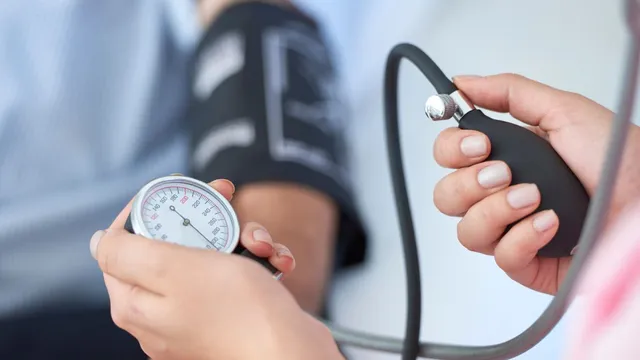- By Iram Hussain
- Mon, 29 Sep 2025 05:04 PM (IST)
- Source:JND
Hypertension or high blood pressure is often referred to as the silent killer. This isn't an exaggeration. Unlike more dramatic conditions, high blood pressure often has no symptoms yet it relentlessly damages your cardiovascular system, setting the stage for one of the most feared medical emergencies: a heart attack. The connection is not a matter of chance; it's a direct, well-understood chain of events that unfolds over years.
In a conversation with The Daily Jagran, Dr Arvind Das, Principal Director and HOD - Cardiology, Max Hospital, Gurugram explained how high blood pressure leads to heart attacks.
Link Between High Blood Pressure And Heart Attacks
At the most fundamental level, a heart attack or myocardial infarction occurs when blood flow to a section of the heart muscle is abruptly cut off, causing the tissue to die. The culprit is almost always a blockage in a coronary artery, the vessels that supply the heart with oxygen-rich blood. So, how does high blood pressure cause this blockage? The answer lies in a process called atherosclerosis. Think of your arteries as a series of flexible pipes. Sustained high pressure inside these pipes causes chronic damage to their delicate inner lining. This damage makes the arterial walls "sticky," encouraging the accumulation of a substance called plaque. This plaque is a mix of cholesterol, fats and other cellular waste.
Over time, these plaques grow, narrowing the arteries and impeding blood flow. This is a bit like a clogged drain. While the heart may still get some blood, it's not enough to meet its demands, especially during physical exertion. This can lead to chest pain, a warning sign known as angina. But the real danger emerges when one of these plaques becomes unstable. The constant, pounding pressure from high blood pressure can cause a plaque to rupture.
ALSO READ: Plaque Buildup In Your Arteries? Doctor Explains It Could Be CAD
When this happens, your body's emergency response system goes into overdrive, treating the rupture like a wound. It quickly forms a blood clot at the site to "patch" the damage. Unfortunately, in a narrow artery, this clot can completely block the vessel, instantly cutting off blood supply to the part of the heart downstream. This rapid, total occlusion is the direct trigger for a heart attack. Beyond the arteries, high blood pressure also directly harms the heart itself.
To pump against the increased pressure, the heart muscle, particularly the main pumping chamber (the left ventricle), has to work much harder. Over time, this constant strain causes the muscle to thicken and enlarge, a condition known as left ventricular hypertrophy. While this may seem like the heart is getting stronger, it's actually becoming less efficient and more vulnerable.
ALSO READ: World Heart Day 2025: Doctor Explains How Diet And Exercise Influence Heart Disease Risk?
A thickened heart muscle requires more oxygen to function, but it's often trying to get that oxygen from the very arteries that are being narrowed by plaque. This imbalance between demand and supply makes the heart more susceptible to the damage caused by a sudden lack of blood flow.

